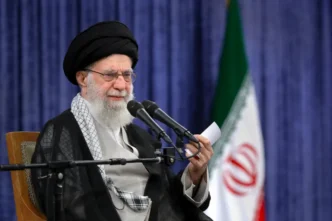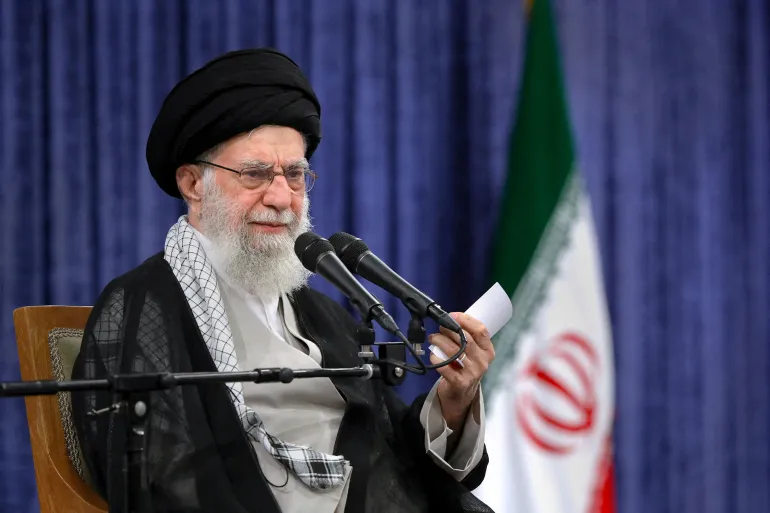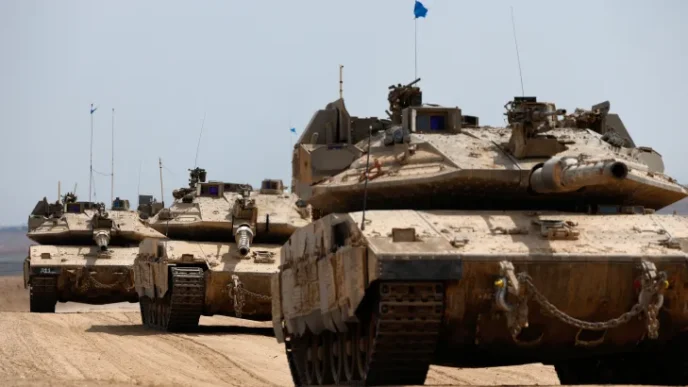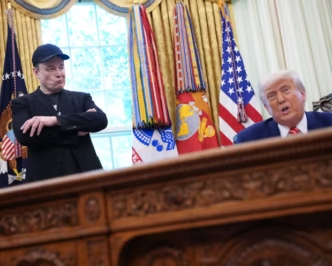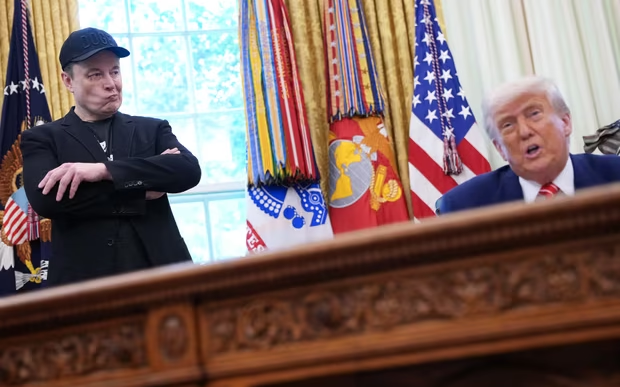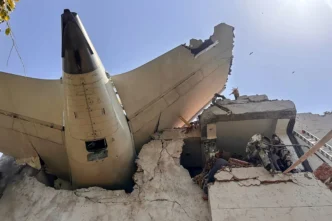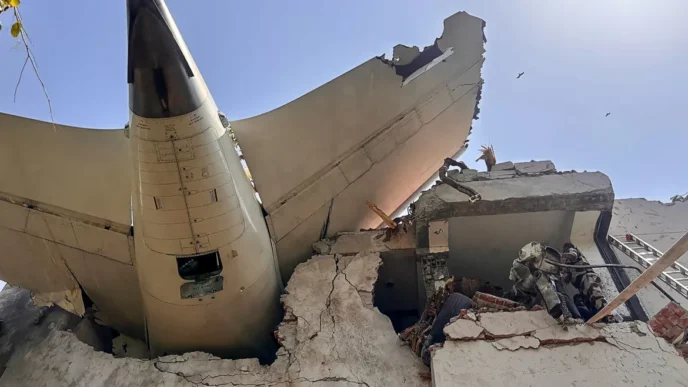Israel has launched a major military offensive—dubbed “Operation Rising Lion”—against Iran, targeting nuclear and military sites including Tehran, Natanz, Isfahan, Arak, Kermanshah, and Tabriz. Reports from Iranian state media confirm the deaths of key figures: IRGC commander Hossein Salami, military chief Mohammad Bagheri, and two nuclear scientists, among others.
In an announcement, Israeli Prime Minister Benjamin Netanyahu described the strikes as a necessary step to neutralise what Israel perceives as an imminent existential threat posed by Iran’s nuclear program. The operation reportedly involved more than 200 fighter jets striking over 100 targets.
Tehran has vowed stern retaliation. Iranian Supreme Leader Ayatollah Ali Khamenei warned of “bitter and painful” consequences, and state media reported that Iran launched approximately 100 drones toward Israeli territory; the Israeli military stated it intercepted many of them.
The attack risks upending diplomatic efforts, including upcoming U.S.–Iran talks in Oman, and threatens wider regional conflict. Although the U.S. affirmed it played no role in the airstrikes, it reinforced warnings against Iranian retaliation and stressed its aim to protect American forces.
International reactions have been swift and varied. The UN Secretary-General urged restraint, China and Turkey voiced concern over regional stability, France supported Israel’s right to self-defence while calling for calm, and Saudi Arabia, Qatar, and the UAE condemned the strikes as breaches of international law .
With the situation rapidly evolving, the world watches closely as both countries prepare for possible escalation.
